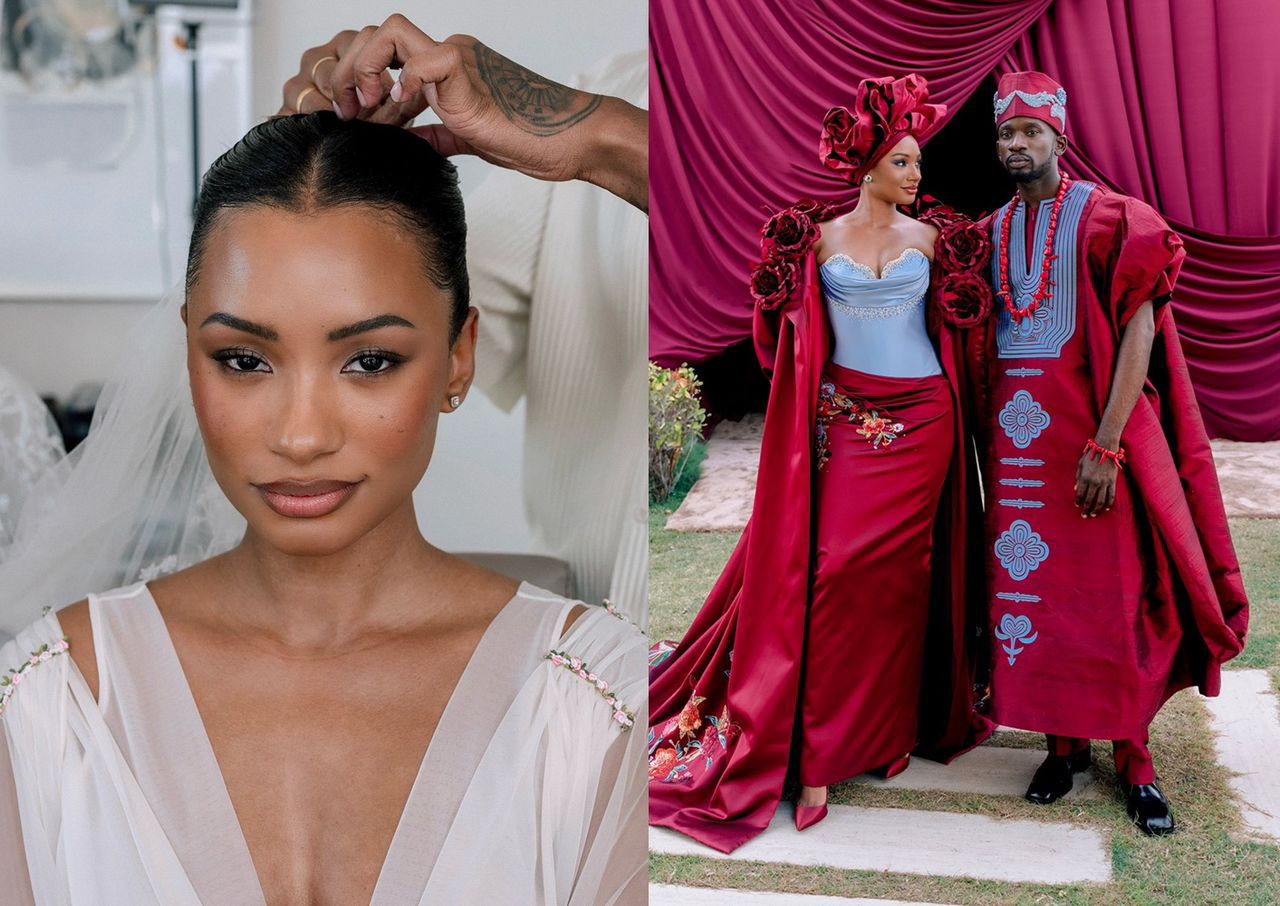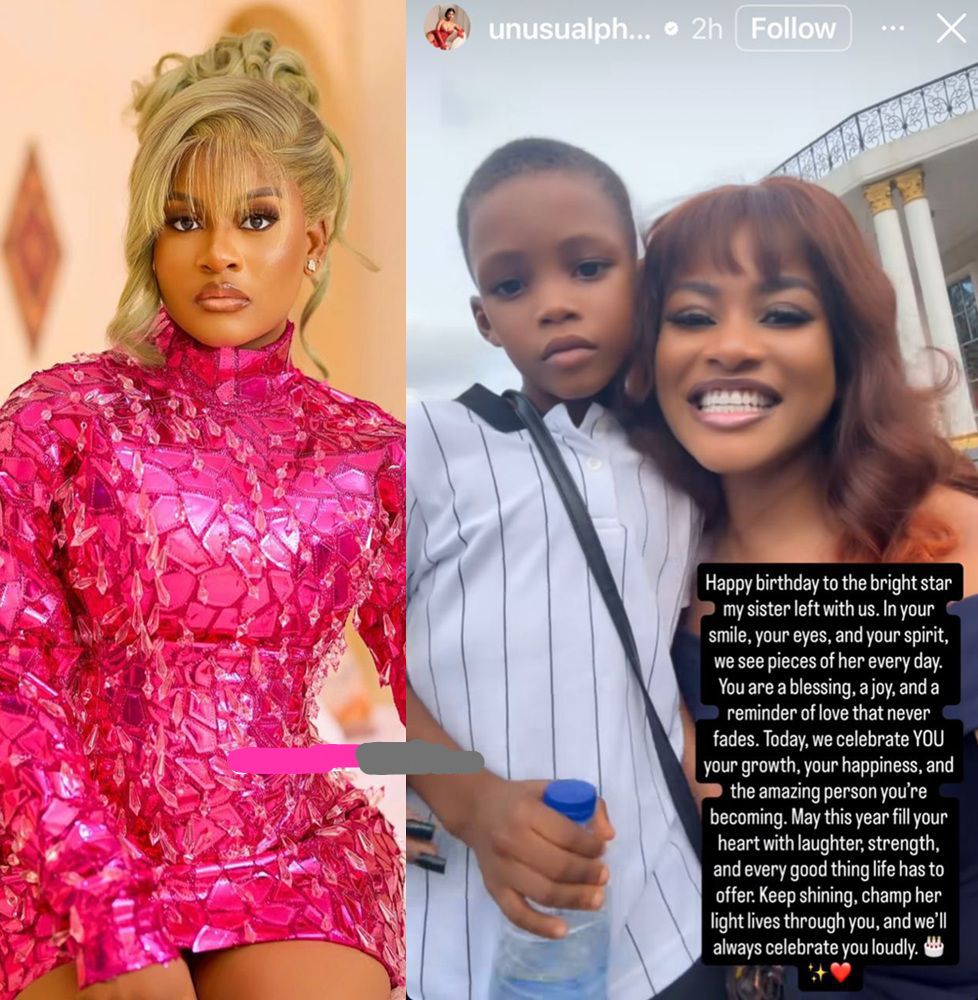
“It Was All Love” – Naira Marley Breaks Silence With Emotional Throwback Photo Of Him, Zinoleesky And Late Mohbad On The Same Bed

In the ever-buzzing Nigerian entertainment scene where controversies, music, and emotions collide, the name Naira Marley has once again seized the spotlight, but this time not for a scandal, an arrest, or a hit track, but for a nostalgic and heart-touching moment he decided to share with his fans and the public. The Marlian Music boss, whose life has been a whirlwind of fame and controversy, took to social media to post a strikingly intimate throwback photograph of himself, Zinoleesky, and the late Mohbad, all lying on the same bed, seemingly carefree and at peace, with a simple but powerful caption: “It was all love.” That line, brief as it may be, has stirred up endless conversations, debates, emotions, and waves of reactions across social media platforms.
The image, which captures three young men who once carried the hopes, dreams, and spirit of a generation of street-inspired music, has now become a haunting reminder of how quickly time changes everything. Mohbad, who tragically passed away in 2023 under circumstances that sparked massive controversy, is seen in the picture in a rare moment of calm and closeness, sharing a space with his then-label boss Naira Marley and fellow label signee Zinoleesky. For fans who have been following the turbulent relationship between the late Mohbad and the Marlian Music camp, the post is not just a simple throwback—it is a heavy emotional bombshell.
Naira Marley’s words, “It was all love,” seem to be an attempt at rewriting or at least reframing a narrative that has painted him in a certain light since Mohbad’s death. When the singer’s passing shook Nigeria to its core, fingers were quickly pointed at Marlian Music, with allegations, rumors, and accusations that claimed Mohbad’s struggles within the label contributed to his depression and eventual downfall. Protests, candlelight vigils, and heated online campaigns dragged Naira Marley’s name into a storm he has yet to fully escape. But in this latest move, it appears he is seeking to remind the world that before the storms, before the public fallouts, and before the accusations, there was a bond—there was genuine love and friendship.
The reactions to the photo have been as polarized as one would expect. On Instagram and X (formerly Twitter), fans are split into two major camps. On one hand are those who see Naira Marley’s post as a genuine, heartfelt expression of grief and nostalgia for a brother he once shared dreams, music, and memories with. For them, the throwback represents a side of the story that social media often buries—a reminder that behind the fame and drama are real human beings who once laughed, ate, and slept side by side. These fans argue that whatever may have transpired later, the love that existed in the early days cannot be denied.
On the other hand, however, are critics who see the post as a calculated move, a public relations stunt aimed at cleaning up a tainted image. Many have accused Marley of trying to exploit Mohbad’s memory to repair his reputation, insisting that no picture or caption can erase the bitter reality of the late singer’s grievances before his death. The skeptics argue that if it was truly “all love,” the painful fallout between Mohbad and Marlian Music, which he publicly expressed before his untimely demise, would never have happened.
This tension between love and betrayal, between brotherhood and business, continues to dominate conversations around the photo. But one thing is undeniable—the image has reopened wounds that were just beginning to scab over in the Nigerian music industry. It has also reignited the debate about the darker underbelly of record label politics in Nigeria, where promising young artists often find themselves entangled in battles for freedom, control, and respect.
For Zinoleesky, who also appeared in the photograph, the picture is equally significant. As one of the most talented young acts under the Marlian umbrella, Zinoleesky has been caught in the middle of the storm since Mohbad’s passing, forced to navigate loyalty to his label while facing criticism from fans who demand accountability. The photo of him lying side by side with Mohbad and Naira Marley is a poignant reminder that at one point, these three were not just colleagues—they were brothers bound by a shared vision and the hustle of making it in Nigeria’s tough music scene.
Mohbad’s legacy continues to loom large over Nigerian pop culture. In death, he has become larger than life, a symbol of both the glory and the tragedy of the industry. His songs, raw and filled with emotion, continue to climb charts and find new audiences who were not even fans before his passing. The throwback photograph now serves as an additional piece of that legacy—a visual narrative that fans will dissect, share, and remember for years to come. For those who still feel the sharp pain of losing him so young, the image has brought back tears and memories of what could have been had the bond remained intact.
As expected, industry insiders and fellow artists have also weighed in. Some see the photo as a brave move by Naira Marley, a man willing to confront the ghosts of his past head-on. Others see it as yet another chapter in the long saga of a story that refuses to die. Whatever side of the divide one falls on, the truth is that the image has power—it has the ability to move people, to spark conversation, and to force reflection on the fleeting nature of life, love, and loyalty in the entertainment industry.
For Naira Marley himself, this could mark the beginning of a long journey of public healing and perhaps reconciliation with fans who once adored him but turned away in anger and disappointment. His caption, short and subtle, seems to acknowledge that words may never be enough to explain everything, but pictures—especially one as raw and intimate as this—can tell stories words often fail to capture.
“It was all love” may sound like a cliché to some, but in the context of this photograph, it carries a weight that transcends the ordinary. It is an admission, a plea, a defense, and perhaps even a confession, all rolled into four simple words. And for the millions who continue to mourn Mohbad, debate Naira Marley’s role, and watch Zinoleesky’s career unfold, this post will linger in memory as yet another poignant chapter in a story that continues to shape the narrative of Nigerian music.
Whether fans choose to see it as genuine or manipulative, healing or hurtful, one fact remains—Naira Marley has succeeded in reminding everyone that at the core of the Marlian Music story was once a brotherhood. And though that brotherhood may have been fractured by fame, business, and tragedy, the photograph now exists as undeniable proof that once upon a time, for at least one fleeting moment, it truly was all love.


